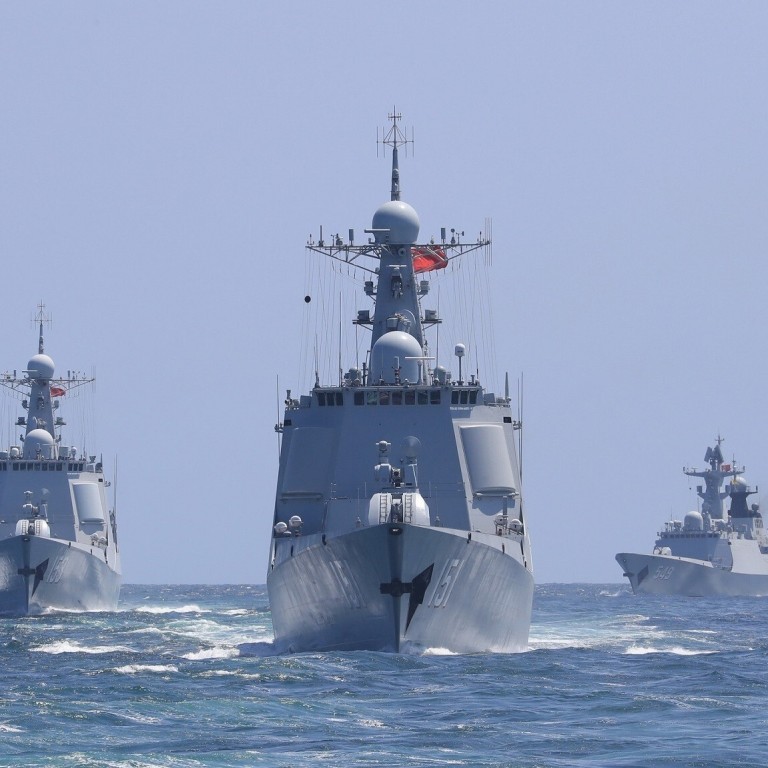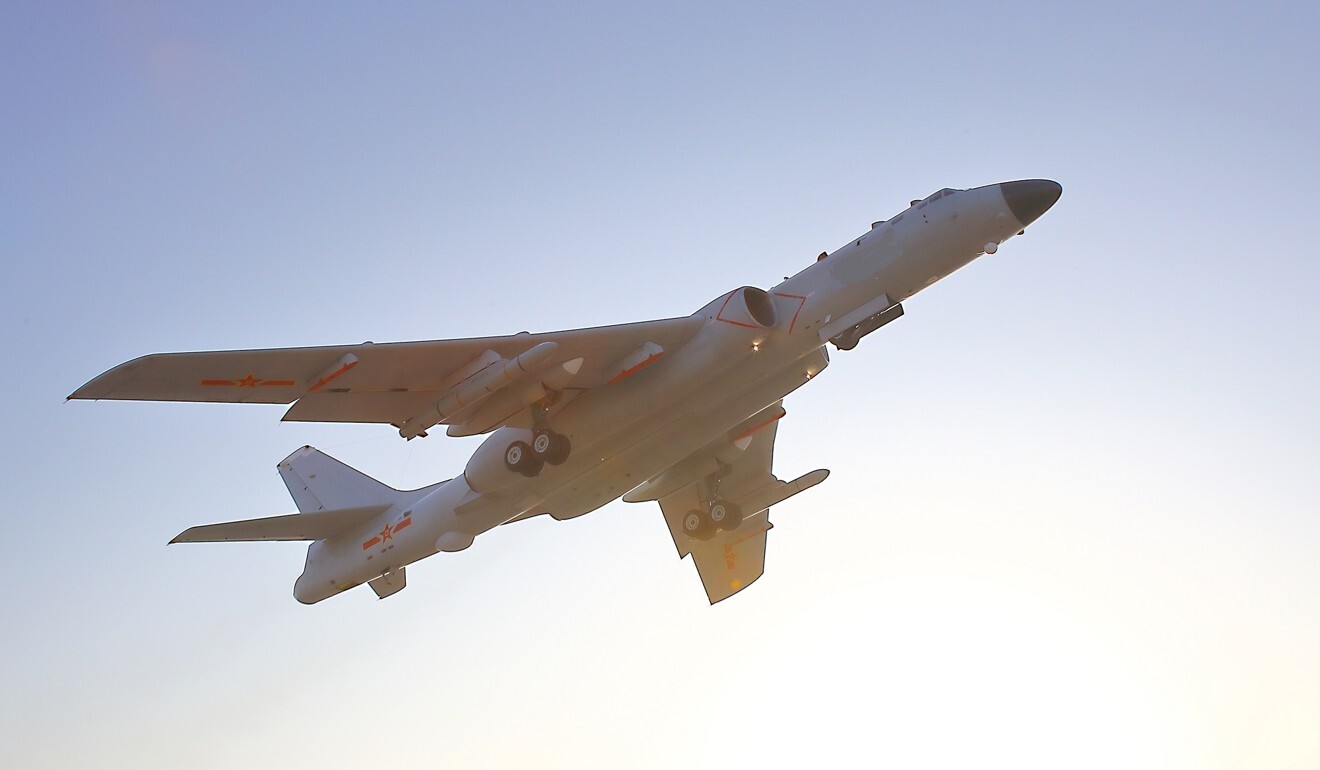
Chinese military held drills near Taiwan as US health secretary visited Taipei, PLA says
- Exercises ‘were a response to the security situation of the Taiwan Strait and … to safeguard national sovereignty’, Eastern Theatre Command spokesman says
- Statement came after Taiwanese President Tsai Ing-wen said on Wednesday the island needed to ramp up its defensive capabilities to protect its democracy from Beijing
“Recently, some major powers have persisted in a negative trend on the Taiwan issue, sending a serious and negative signal to those Taiwanese independence forces, and seriously threatening the safety and stability of the Taiwan Strait,” he said on Thursday.
“The patrols and exercises by the command’s forces were a response to the security situation of the Taiwan Strait and a necessary measure to safeguard national sovereignty.”

Taiwan and the US have strengthened their relationship in recent years, amid tensions both between Beijing and Washington, and across the Taiwan Strait.
Beijing claims sovereignty over democratic Taiwan and considers any suggestion that the island is independent as a violation of its political red lines. While Beijing has said it wants to peacefully bring the island under its rule, it has not ruled out the use of force to do so.
Zhang said the PLA would maintain “high alertness” at all times, so that it could take necessary measures to counteract “provocative actions seeking to separate the country”.
“I am committed to accelerating the development of asymmetric capabilities under the overall defence concept. This will be our number one priority,” she said during a video address to the Hudson Institute, a Washington-based think tank.
On Thursday, Tsai’s cabinet proposed a more than 10 per cent increase in the island’s military budget to NT$453.4 billion (US$15.42 billion), in response to Beijing’s aggression in the region.

